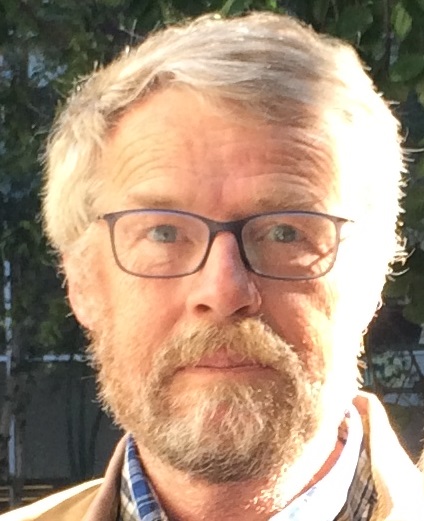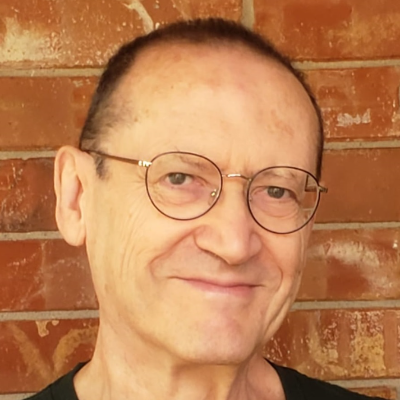Signal Processing
Homework Help & Tutoring
We offer an array of different online Signal Processing tutors, all of whom are advanced in their fields and highly qualified to instruct you.
Signal Processing
-
One of the broadest fields in mathematics and engineering is signal processing. Whether the signals are analog or digital, image or video, human voice or music, signal processing is concerned with methods and algorithms for analysis and synthesis, representation, and sensing and modeling of those signals. A signal is, in fact, any physical or symbolic carrier of the information. For instance, a human voice is an example of an analog signal, since our words are transferred to a person we talk to in the form of sound waves (audio signal). Conversely, a message from one computer to the other is delivered in bits, and consists of long arrays of 1’s and 0’s designed in a specific way, which constitute a digital signal. The knowledge and skills of signal processing are of importance in both academia and industry, especially in the closely related fields of machine learning, data compression, communication engineering, time series analysis, medical imaging, automatic control, etc.
Signal processing is frequently a part of academic education for applied mathematics, various engineering fields, and sound and graphic design. Courses in signal processing usually cover most of these standard topics:
- Signal sampling and reconstruction, Nyquist–Shannon sampling theorem
- Quantization and compression techniques
- Fourier analysis: Fourier transform (FT), discrete Fourier transform (DFT), short-time Fourier transform (STFT)
- Wavelet transform
- Laplace and z-transform
- Linear time-invariant theory
- Continuous-time and discrete-time systems
- Transfer functions
- Digital filters: finite impulse response (FIR) and infinite impulse response (IIR) filters
- Multirate digital signal processing (interpolation, decimation and oversampling)
- 2D Fourier transform
- Fast Fourier transform (FFT) algorithms
- Analog-to-digital and digital-to-analog conversion (AD/DA conversion)
- Power spectrum estimation
- Noise reduction
- Signal processing applications
The tutors in our math department are specialized to help in any of the mentioned subtopics, as their educational background is from such fields as applied mathematics, electrical engineering, or computer science. Whether you have an assignment which requires an underlying knowledge of probabilistic theory, linear algebra and calculus, or whether you have a more practical task to implement a theoretical model in appropriate programming language and development environment (C/C++, MATLAB, Python, R, SPSS, Eclipse, etc.), we can assist you. Some of the topics in which we tutor range from the fundamental time-frequency manipulations, such as convolution, windowing and Fourier transform, to the more advanced applications such as adaptive filtering, ARMA modelling, or parametric spectral estimations with ESPRIT and MUSIC algorithms.
The applications in which signal processing is crucial are vast and ever increasing. Let’s just take a simple phone call for example, whether using mobile telephony or a Voice over IP (VoIP) application such as Skype or WhatsApp. On the sender’s side, it first requires analog-to-digital (AD) conversion of speech, coding the signal according to GSM standards, and employing cancellation of the surrounding noise. On the receiver’s side, the signal is decoded and converted from digital back to analog signal (DA conversion) and the sound is produced using filters. The numerous jpeg images, MP3 songs and MP4 clips stored on our phones, are typical examples of audio, image and video compression, respectively. Signal processing is also applicable to remote sensing, ranging across various body scanners (CAT, MRI, airport security check), volcano and seismic activity analysis, and consumer electronics (hearing aids, echo and previously mentioned noise cancellation).
In addition to any course books you may have, the Internet is rich in resources on signal processing. Whether you prefer online lectures or spreadsheets with problems and solutions, or maybe just want to follow the latest topics in the field, here are some places to begin looking:
- Thorough introduction to mathematics in signal processing: http://faculty.uml.edu/cbyrne/SP1text.pdf
- Open course from MIT in digital signal processing: https://ocw.mit.edu/resources/res-6-008-digital-signal-processing-spring-2011/
- Brief overview of signal processing “for everyone” (requires prior calculus knowledge): http://www-math.mit.edu/~gs/papers/newsigproc.pdf
- Signal processing society within the world’s largest technical professional organization, The Institute of Electrical and Electronics Engineers (IEEE): IEEE Signal Processing society
Open course from École Polytechnique Fédérale de Lausanne (EPFL): https://www.coursera.org/learn/dsp
To fulfill our tutoring mission of online education, our college homework help and online tutoring centers are standing by 24/7, ready to assist college students who need homework help with all aspects of signal processing. Our mathematics tutors can help with all your projects, large or small, and we challenge you to find better online signal processing tutoring anywhere.
College Signal Processing Homework Help
Since we have tutors in all Signal Processing related topics, we can provide a range of different services. Our online Signal Processing tutors will:
- Provide specific insight for homework assignments.
- Review broad conceptual ideas and chapters.
- Simplify complex topics into digestible pieces of information.
- Answer any Signal Processing related questions.
- Tailor instruction to fit your style of learning.
With these capabilities, our college Signal Processing tutors will give you the tools you need to gain a comprehensive knowledge of Signal Processing you can use in future courses.
24HourAnswers Online Signal Processing Tutors
Our tutors are just as dedicated to your success in class as you are, so they are available around the clock to assist you with questions, homework, exam preparation and any Signal Processing related assignments you need extra help completing.
In addition to gaining access to highly qualified tutors, you'll also strengthen your confidence level in the classroom when you work with us. This newfound confidence will allow you to apply your Signal Processing knowledge in future courses and keep your education progressing smoothly.
Because our college Signal Processing tutors are fully remote, seeking their help is easy. Rather than spend valuable time trying to find a local Signal Processing tutor you can trust, just call on our tutors whenever you need them without any conflicting schedules getting in the way.






